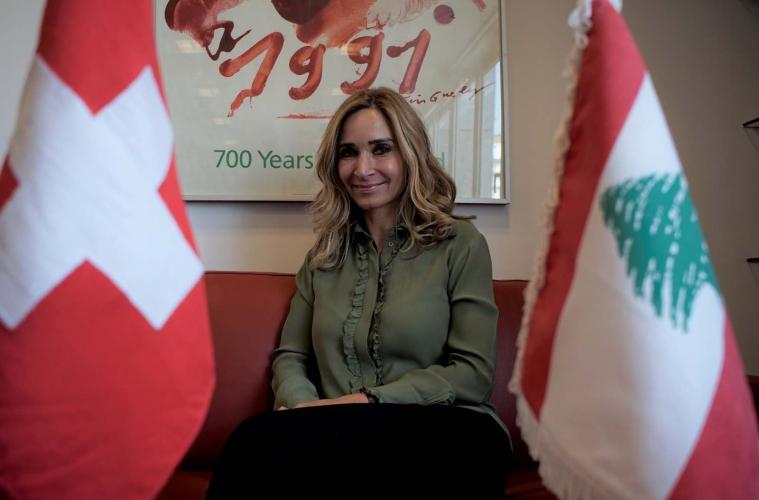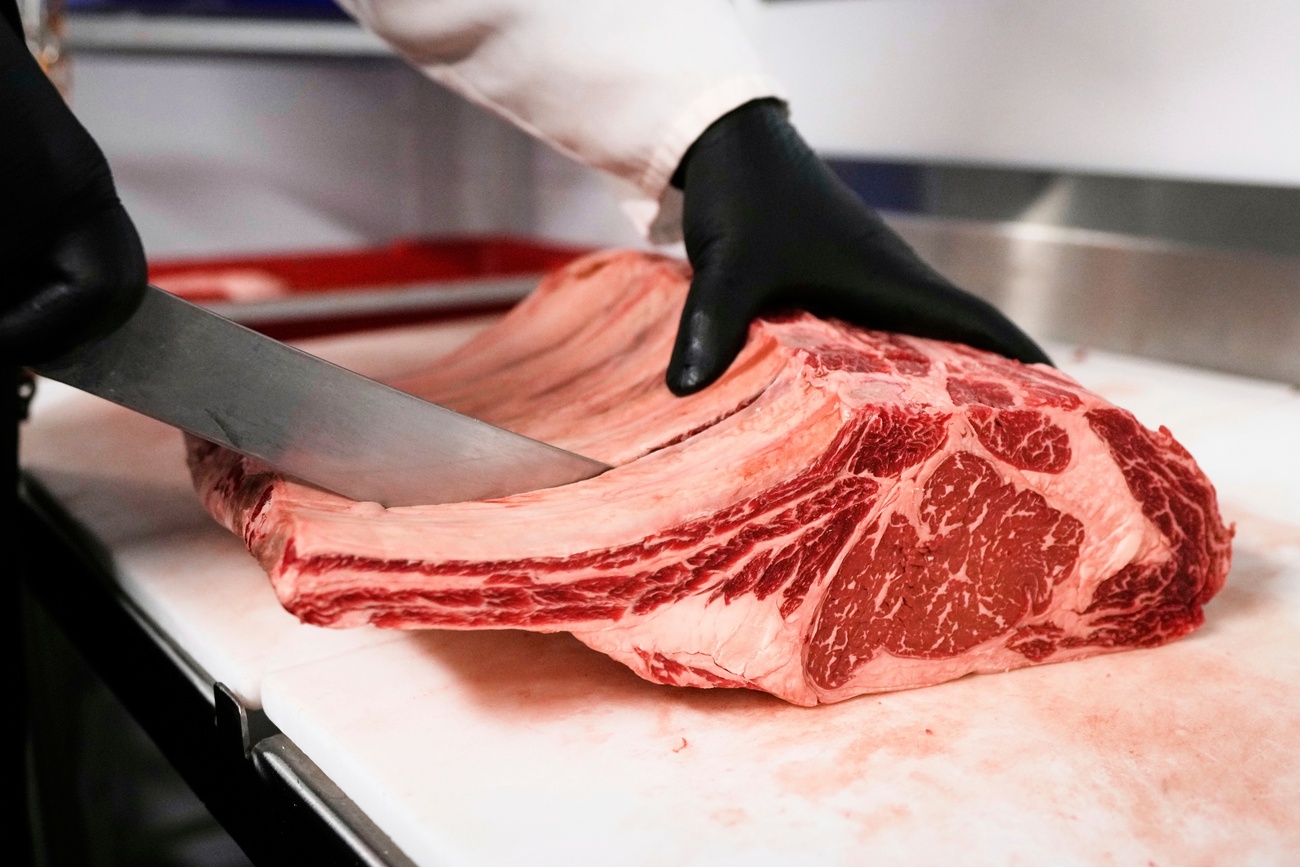
Swiss offer help to Lebanon after deadly blast in Beirut

Switzerland has sent its condolences to the government of Lebanon following an explosion in the capital Beirut on Tuesday, which killed at least 100 people.
President Simonetta Sommaruga said Switzerland and Lebanon stood “close to each other”. She expressed her deepest sympathy to the Lebanese people and the authorities, “but above all to the injured and the families of the victims”.
In a similar vein, Foreign Minister Ignazio Cassis offered Swiss assistance.
More than 4,000 people, including the Swiss ambassador to Lebanon and local embassy employees, were injured in the blast, which reportedly began with an explosion at the port of Beirut.
The ambassador was admitted to hospital but returned to work on Wednesday, according to the Keystone-SDA news agency.
The foreign ministry said it had no information about more Swiss victims. But the buildings of the Swiss embassy and the residence of the ambassador to Beirut were badly damaged by the explosion.

About 1,500 Swiss citizens live in Lebanon. Most have dual nationality, according to the ministryExternal link.
The Lebanese president, Michel Aoun, said the government would declare a two-week state of emergency.
He said more than 2,700 tonnes of ammonium nitrate had been stored unsafely in a warehouse for several years.

More
Switzerland-Lebanon: what they have in common

In compliance with the JTI standards
More: SWI swissinfo.ch certified by the Journalism Trust Initiative




























You can find an overview of ongoing debates with our journalists here . Please join us!
If you want to start a conversation about a topic raised in this article or want to report factual errors, email us at english@swissinfo.ch.